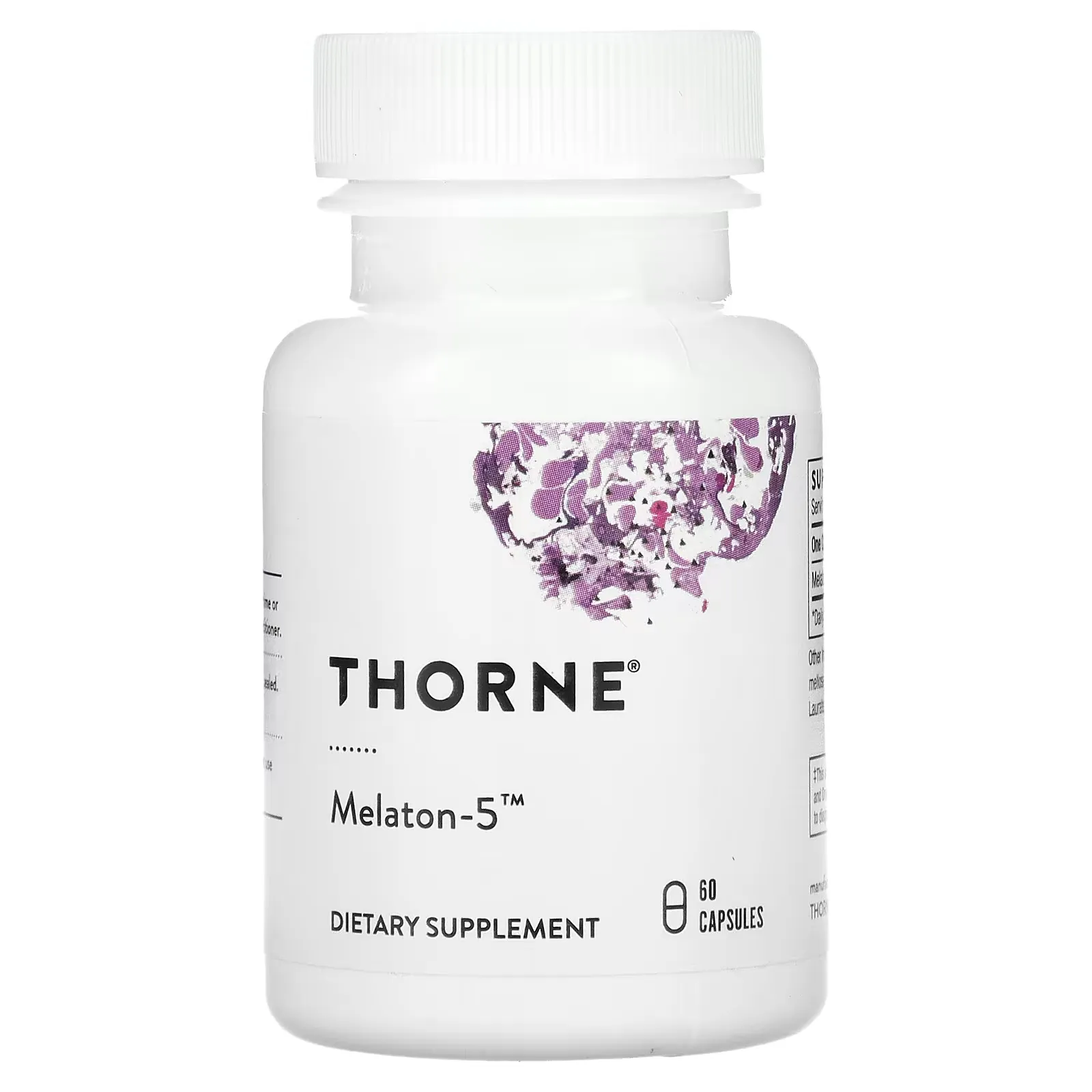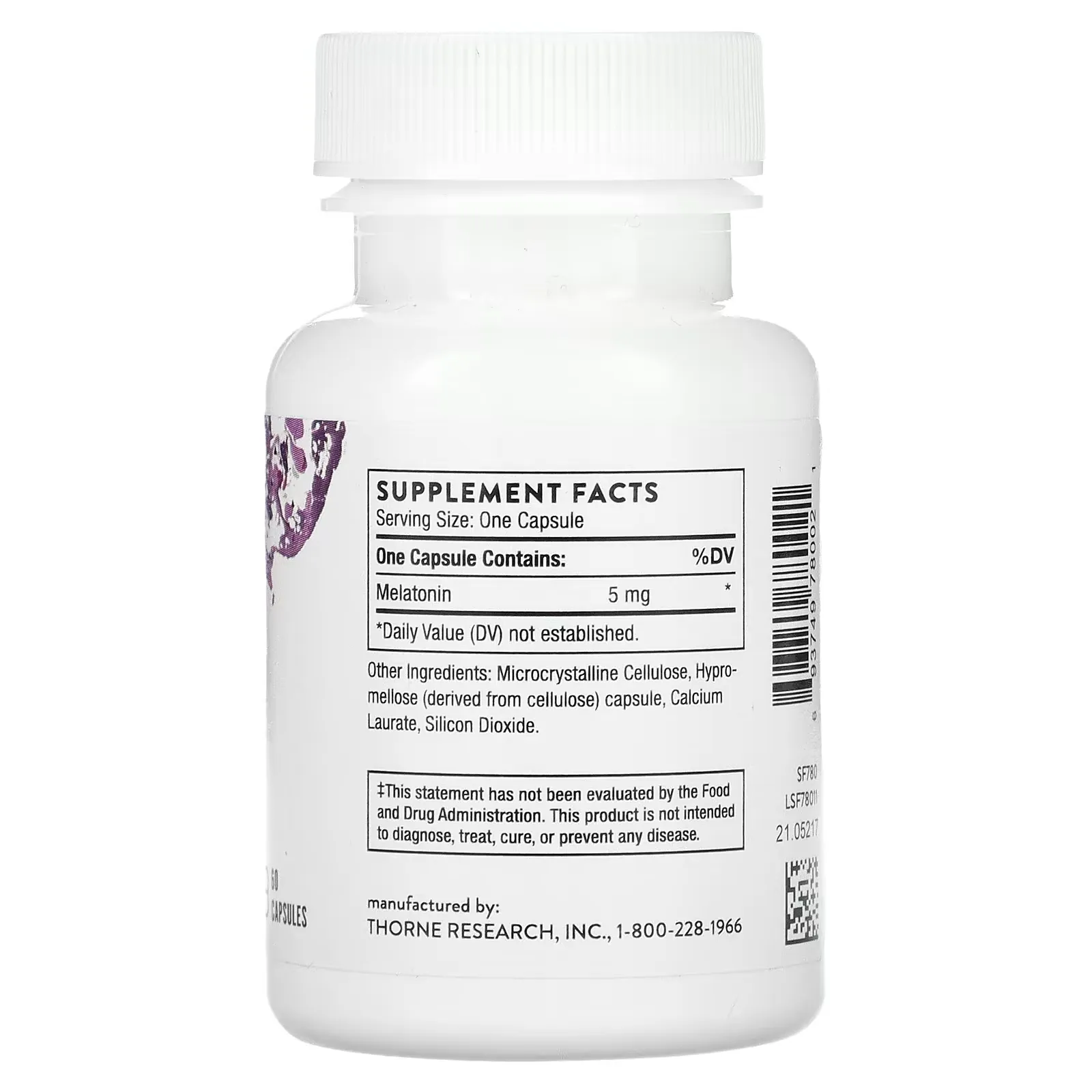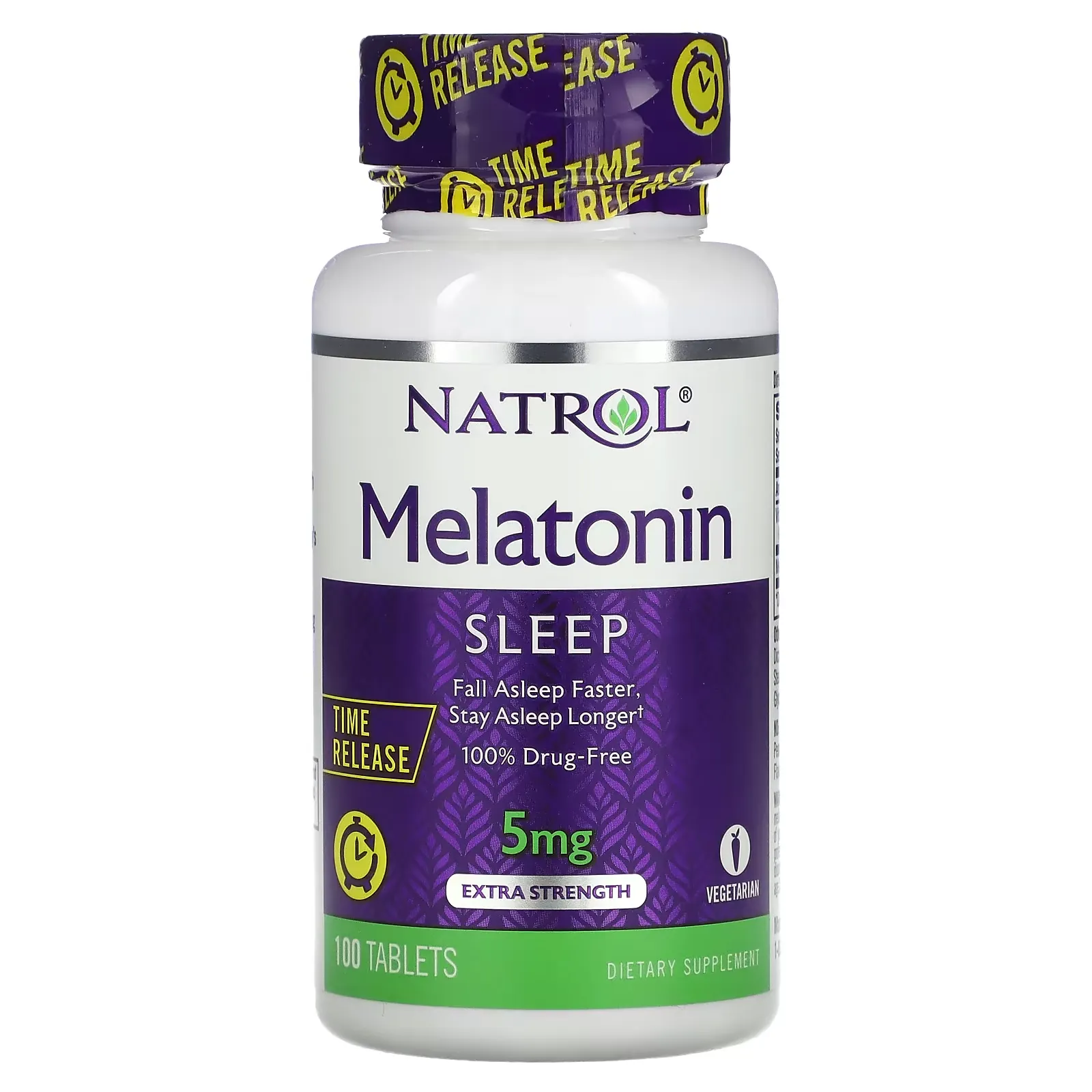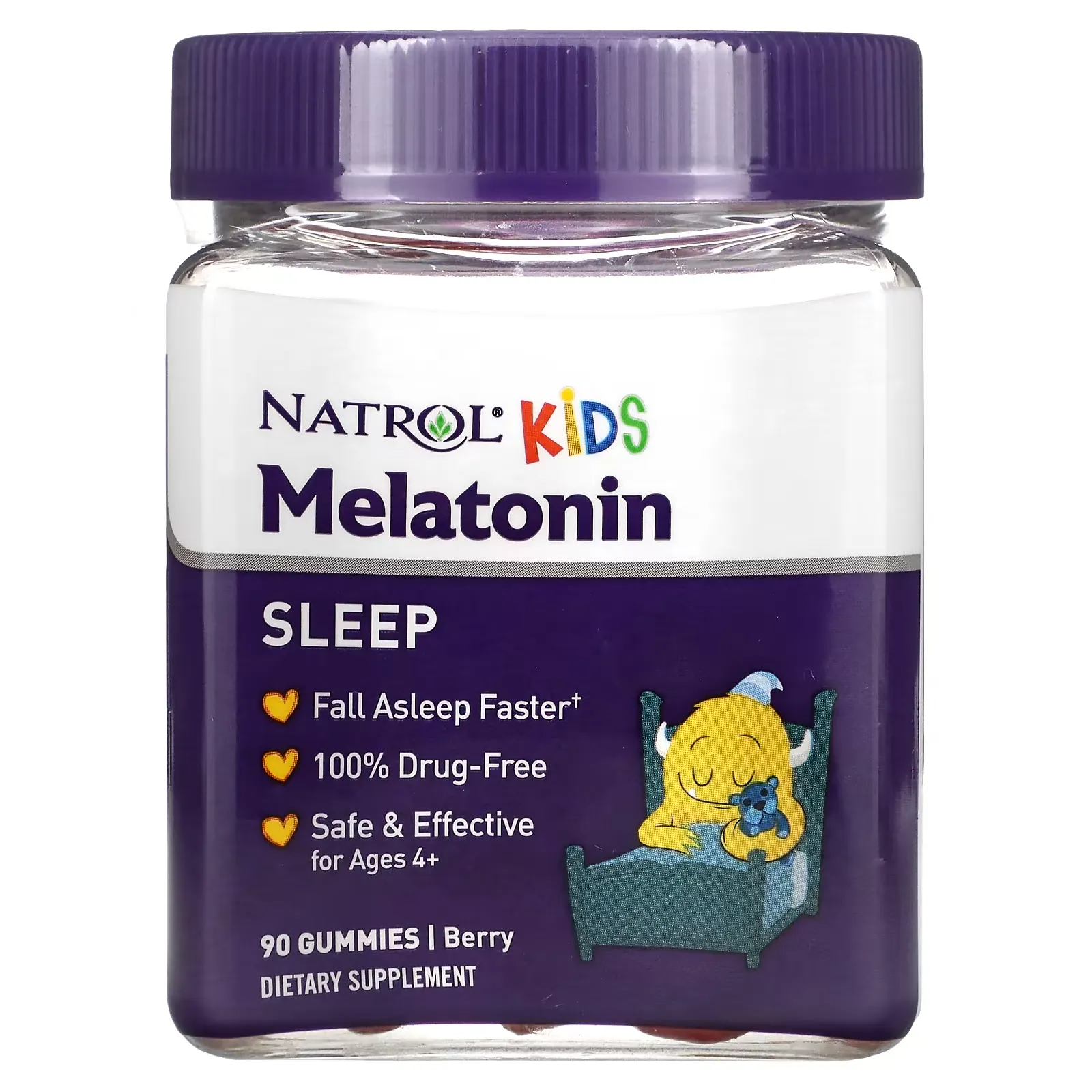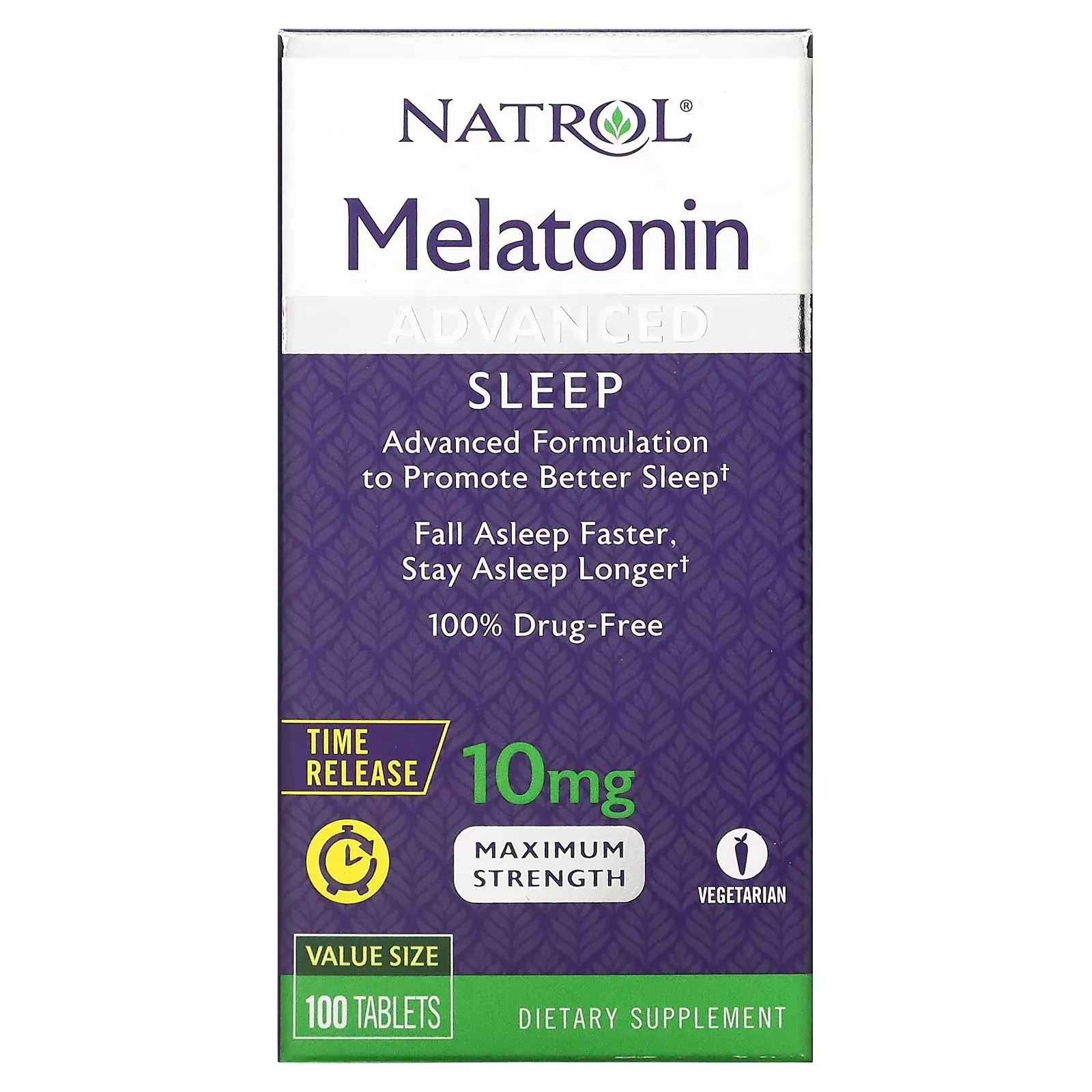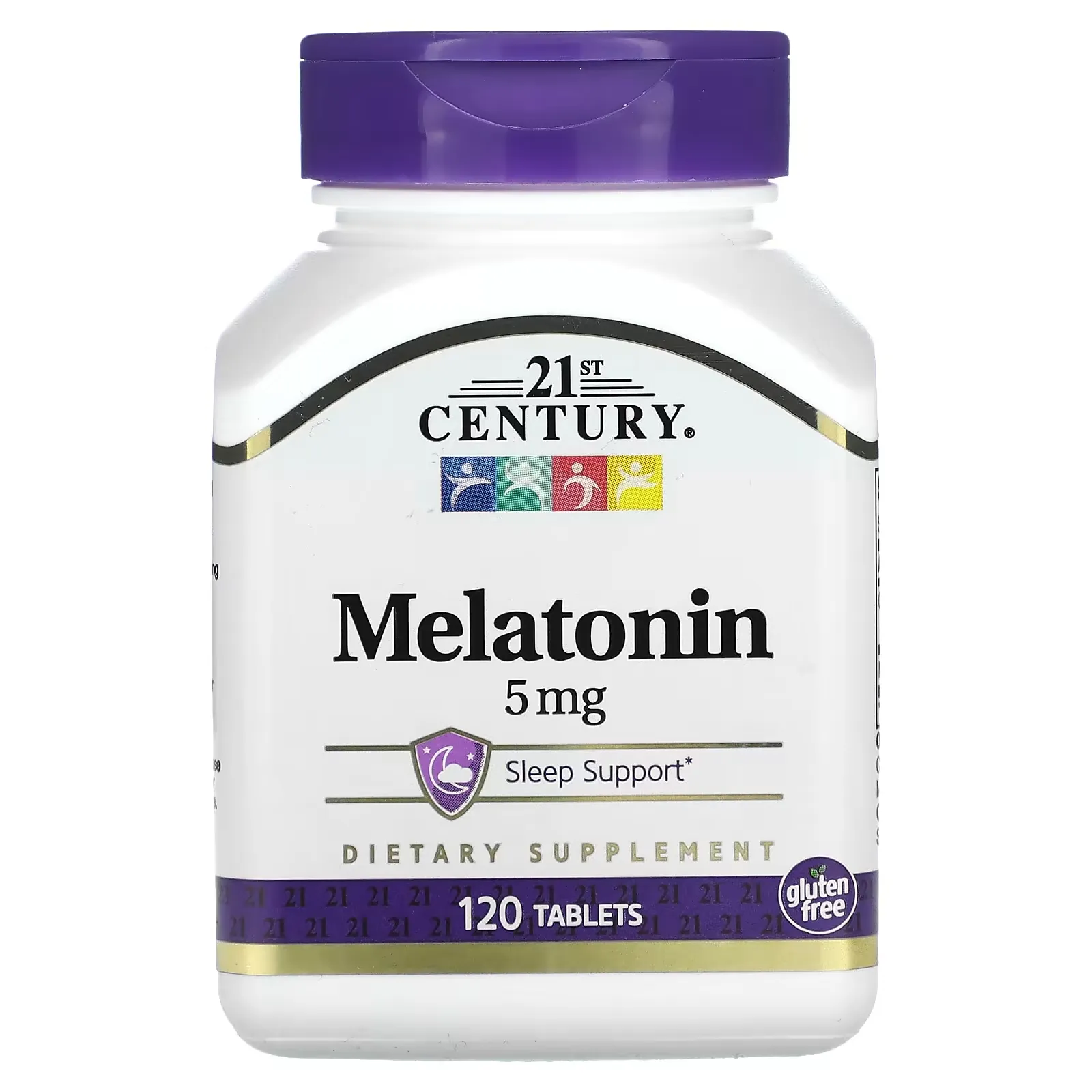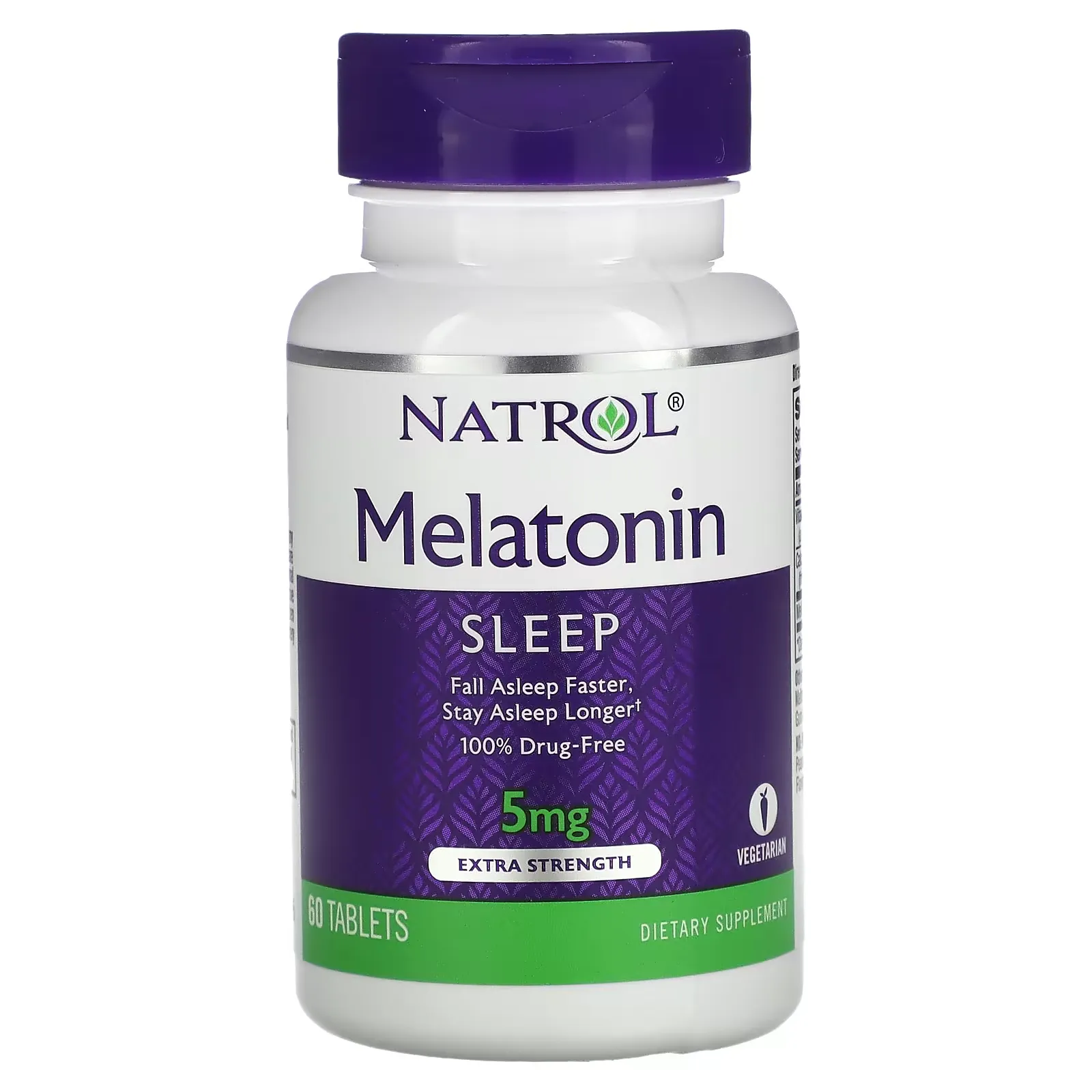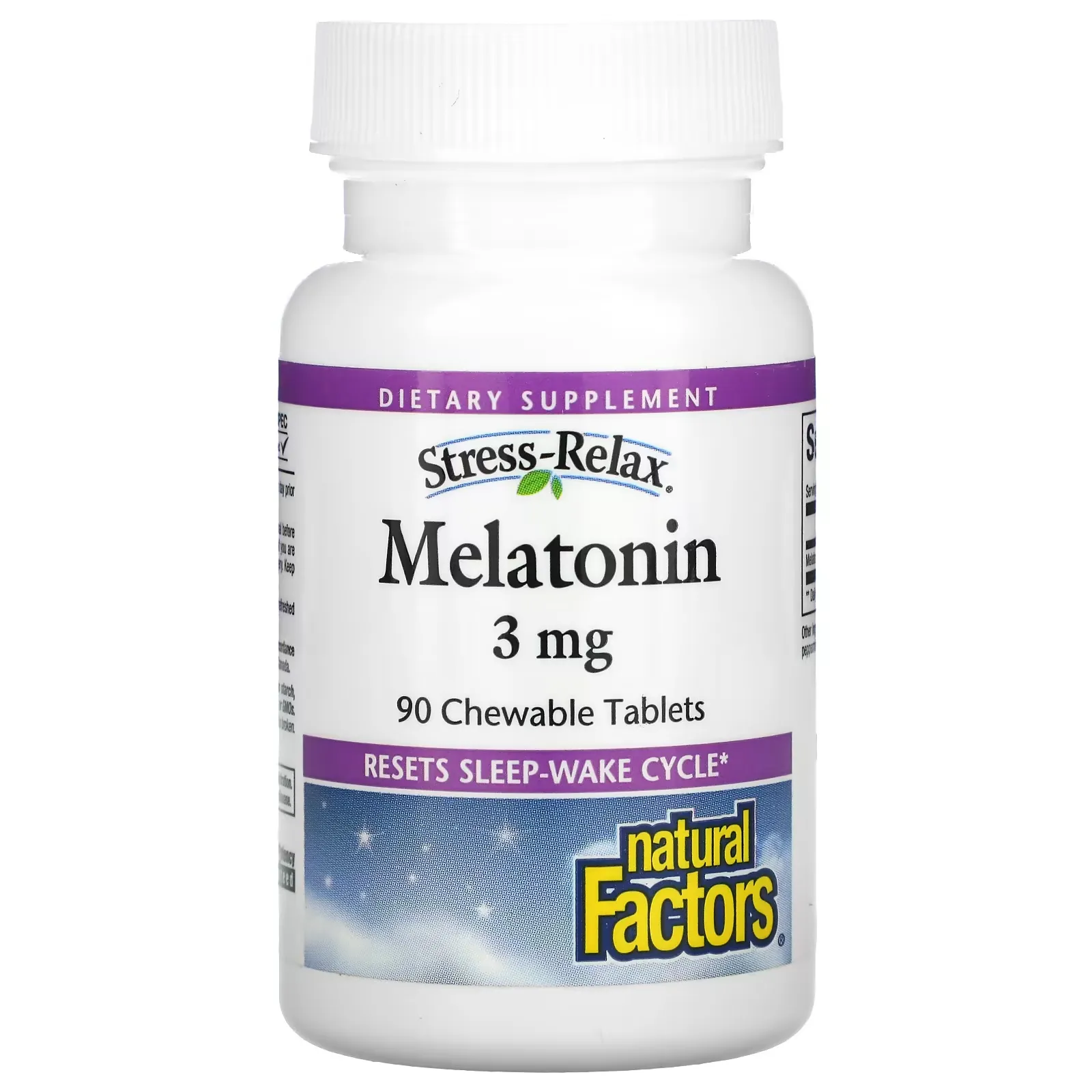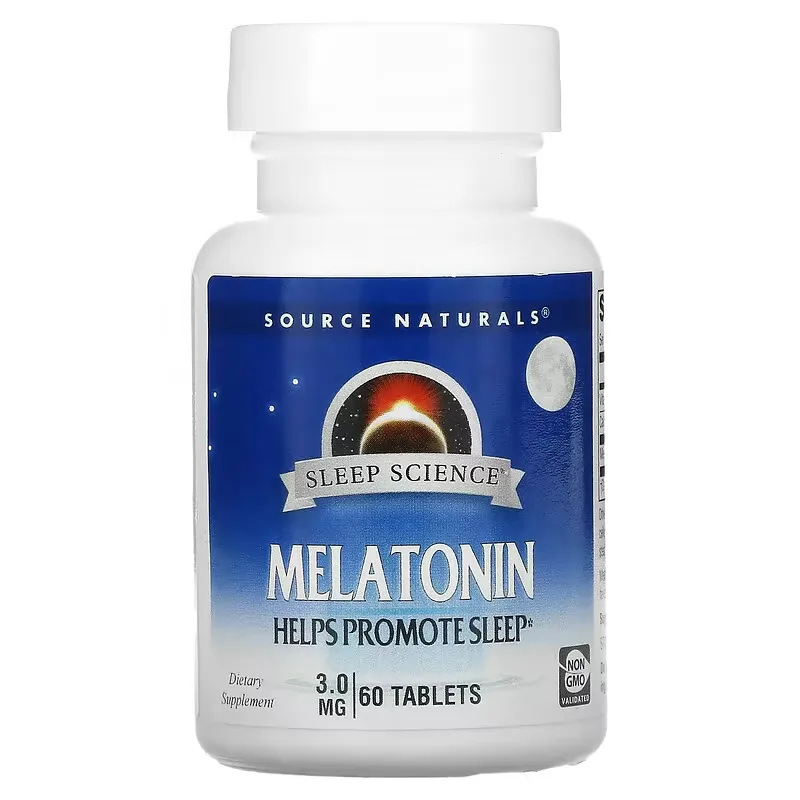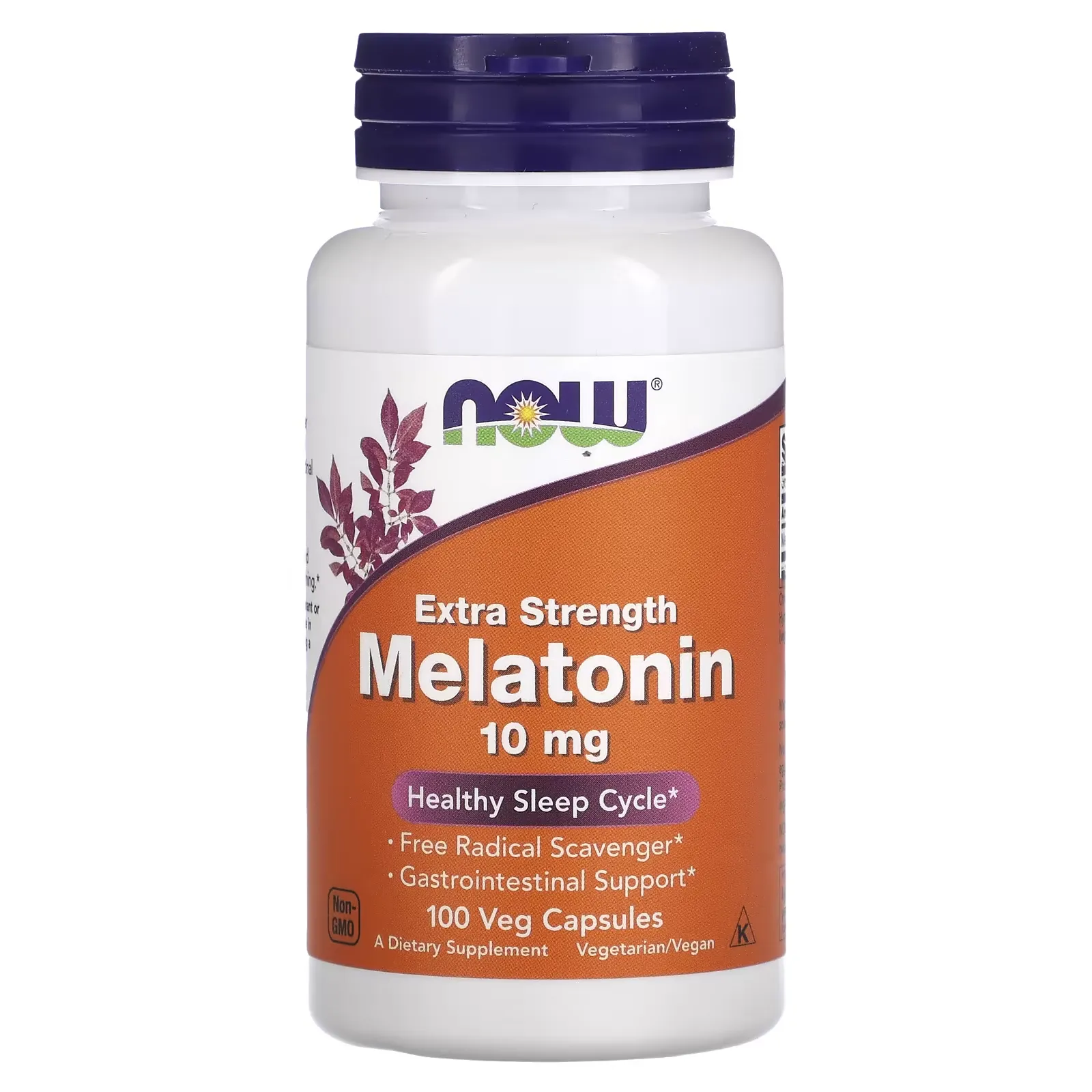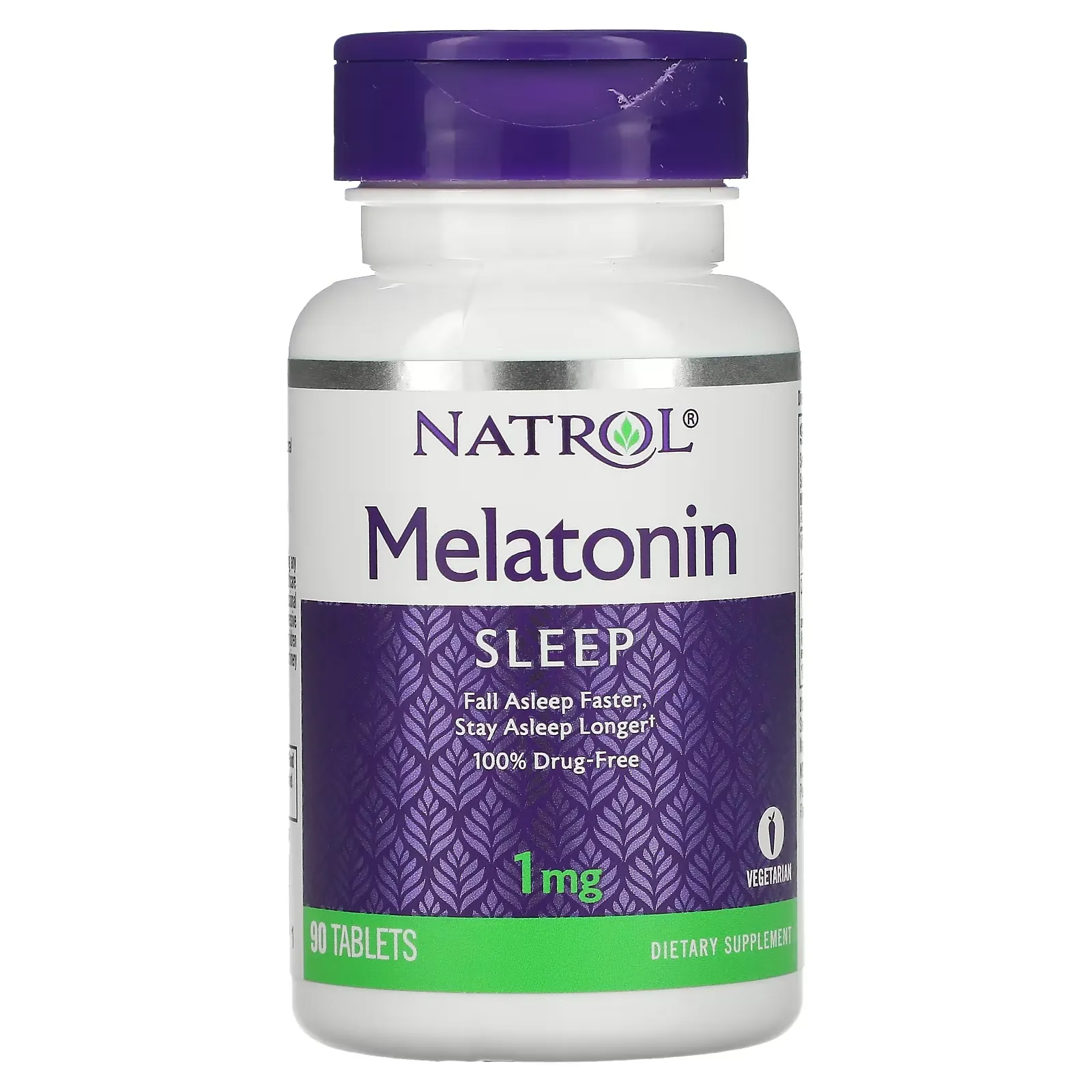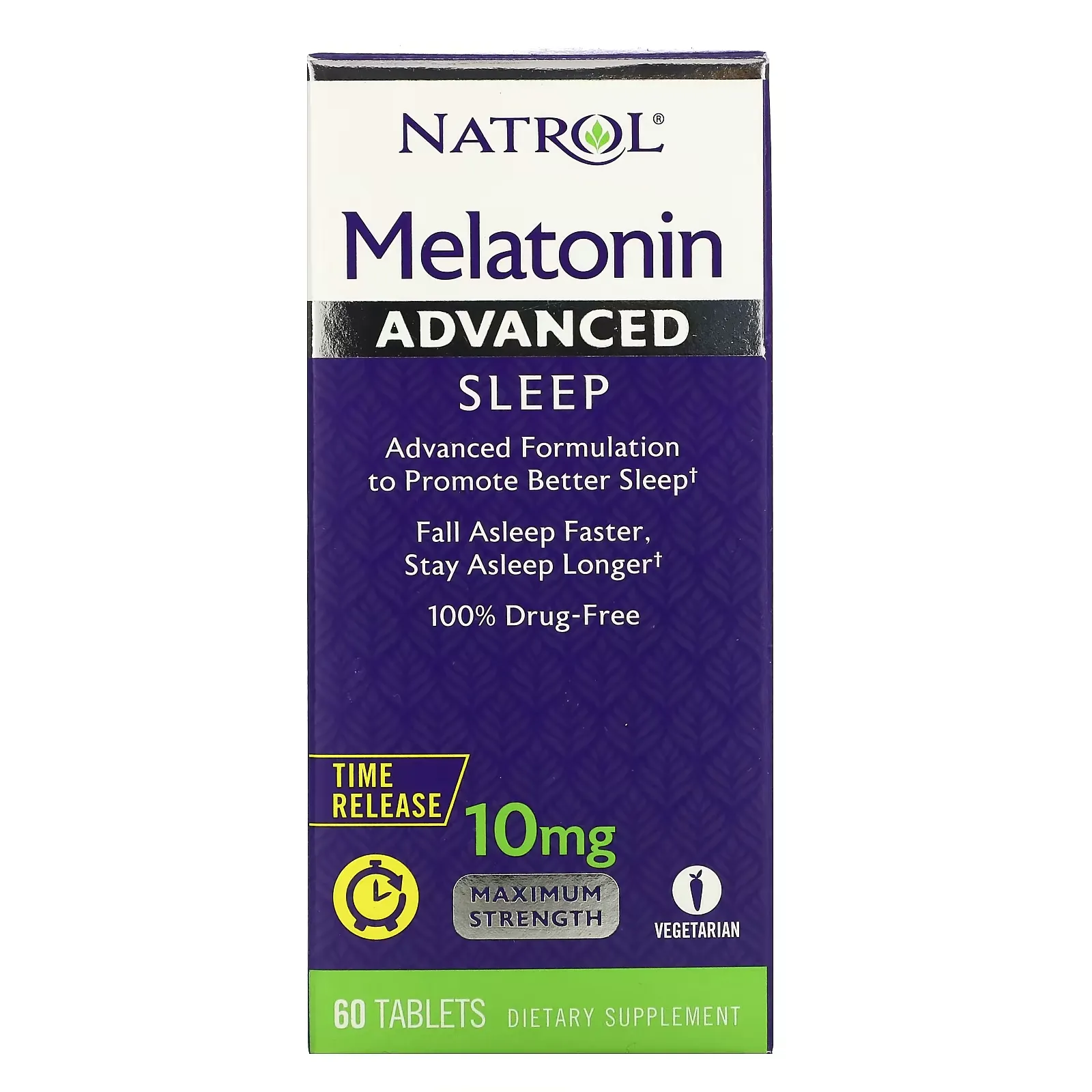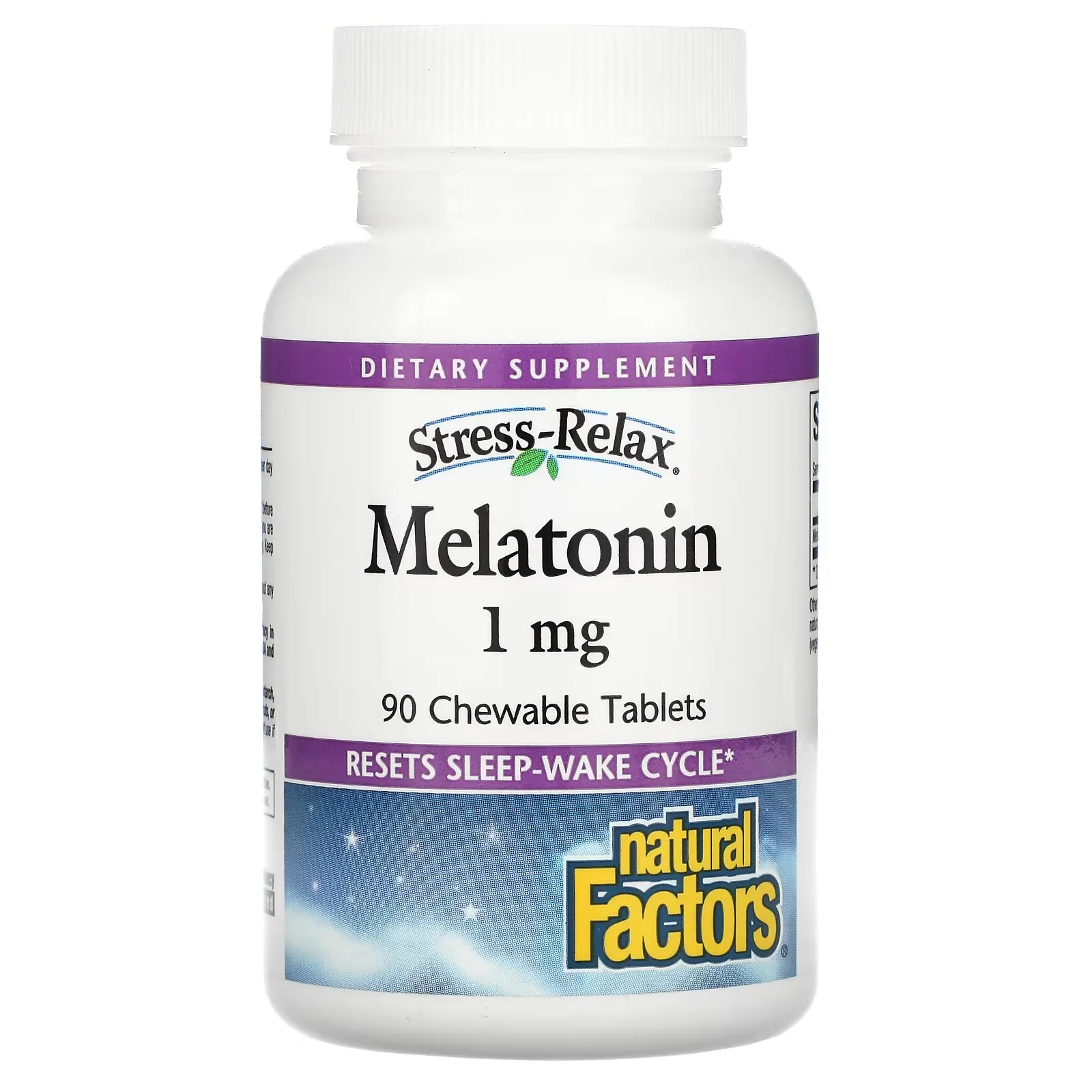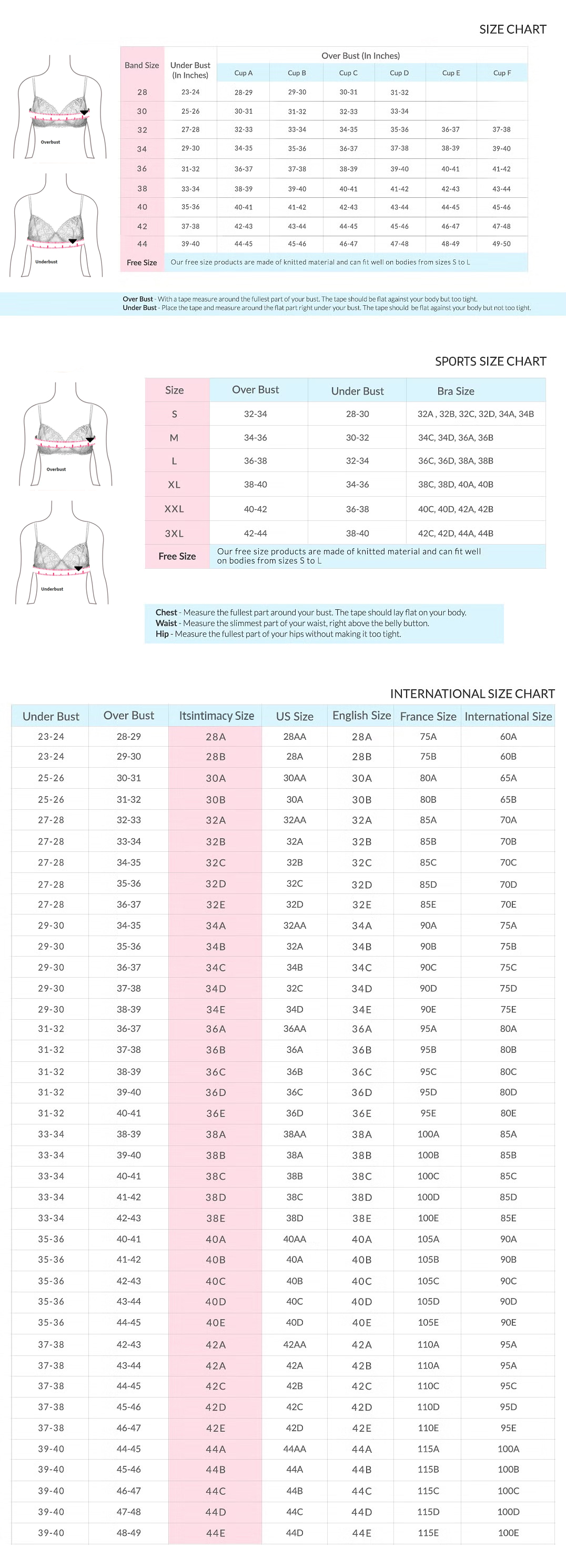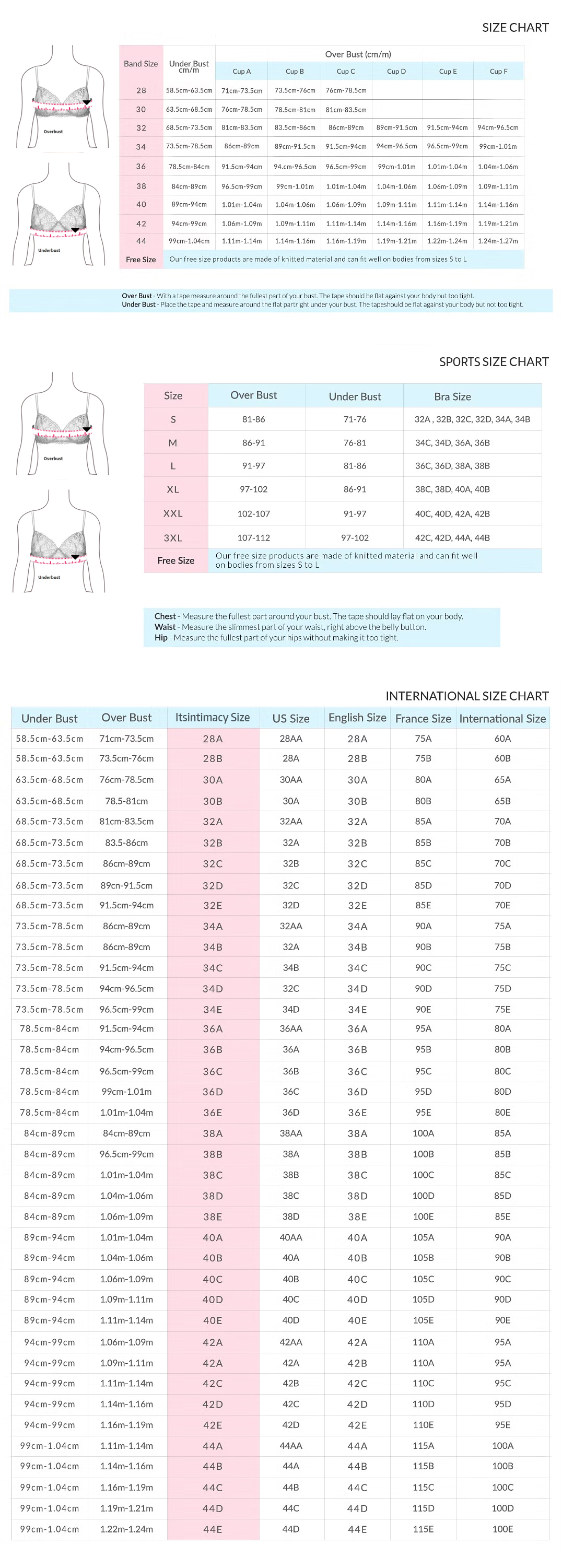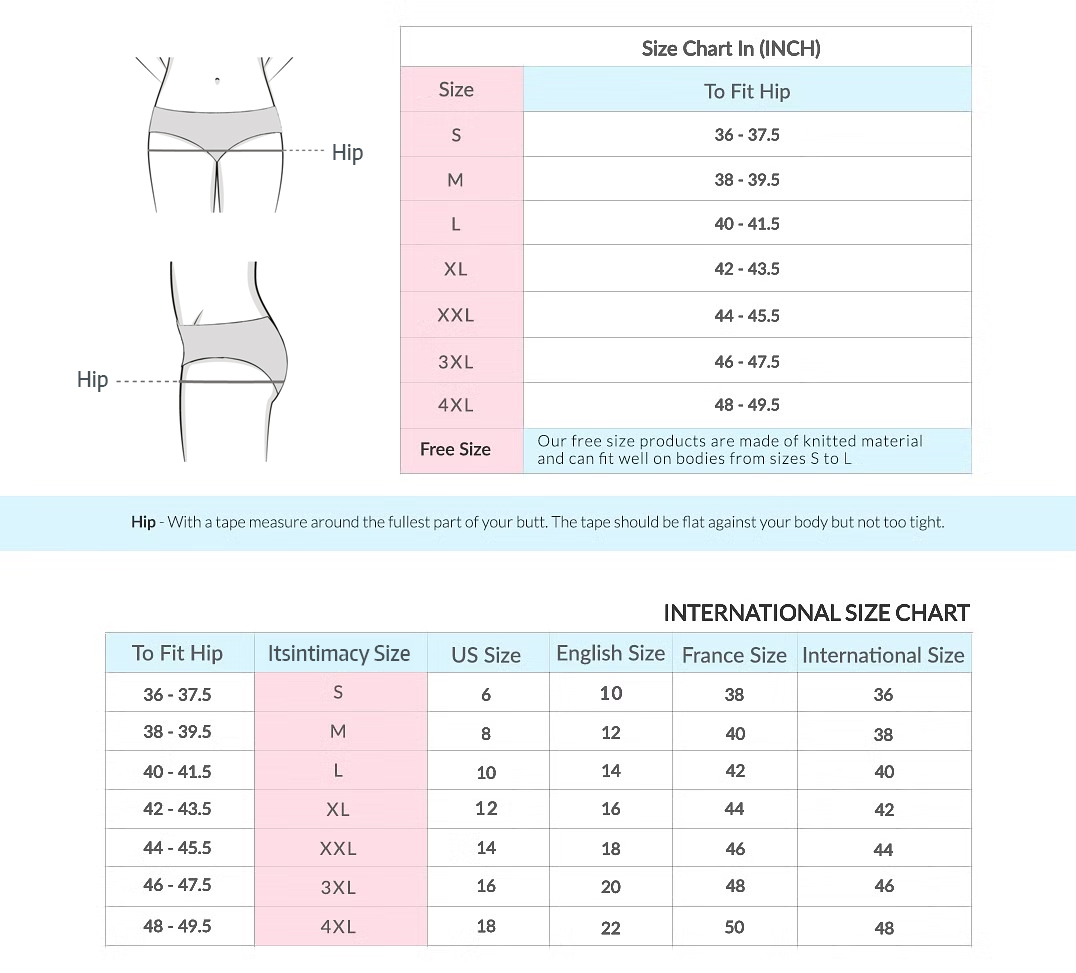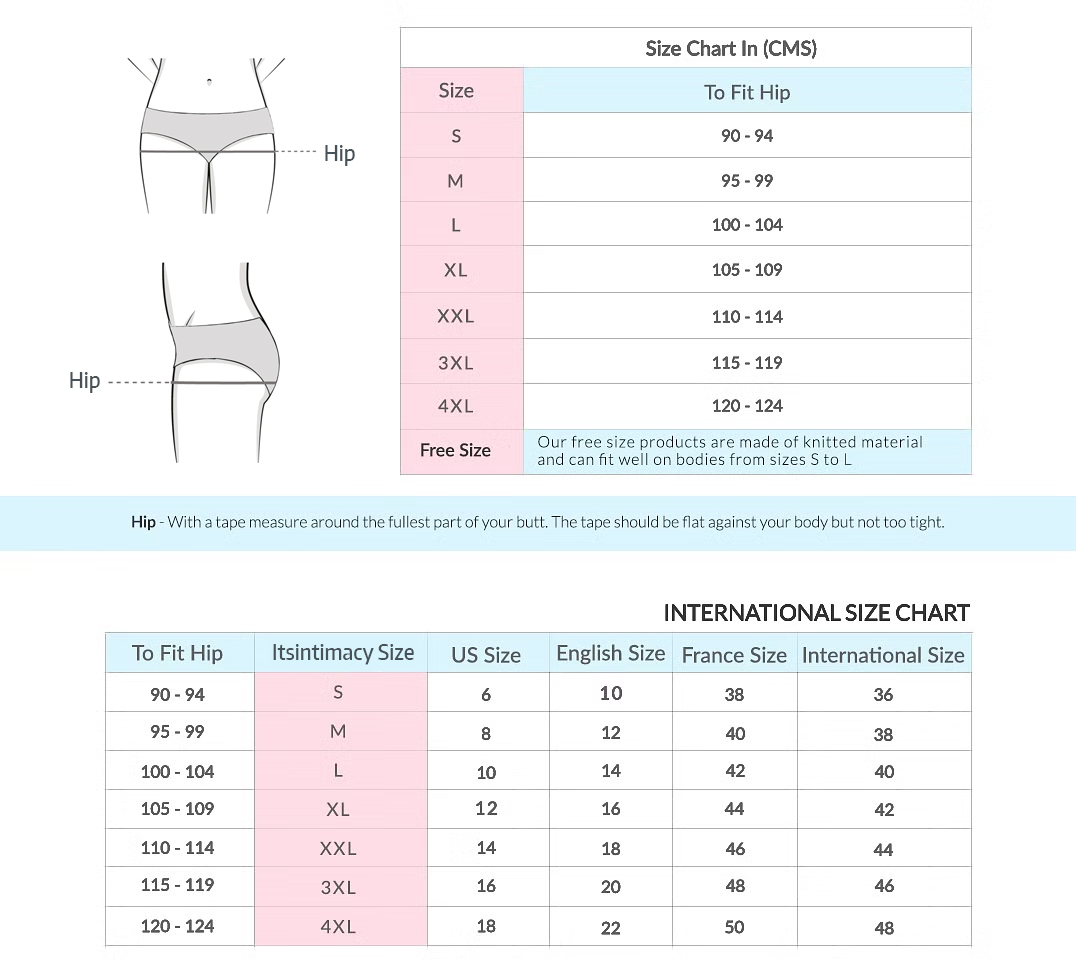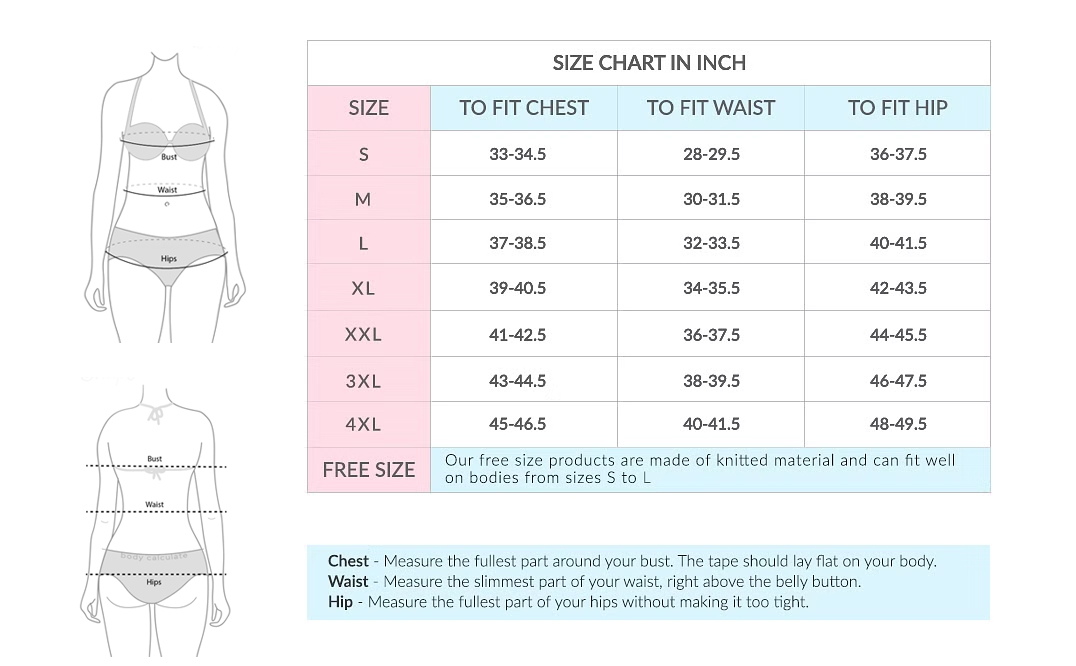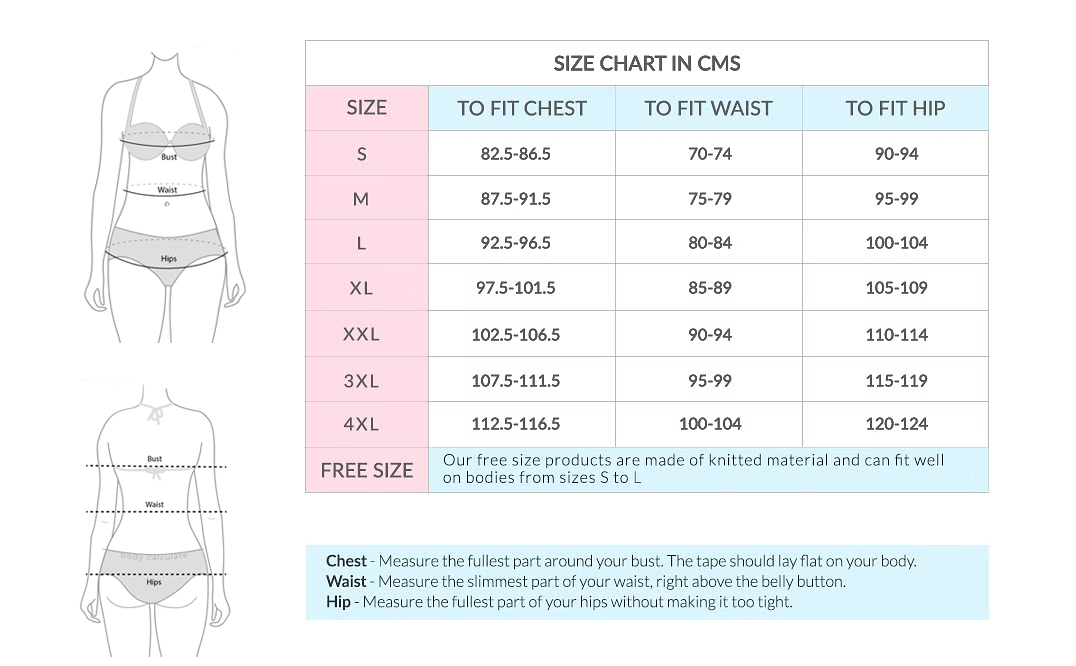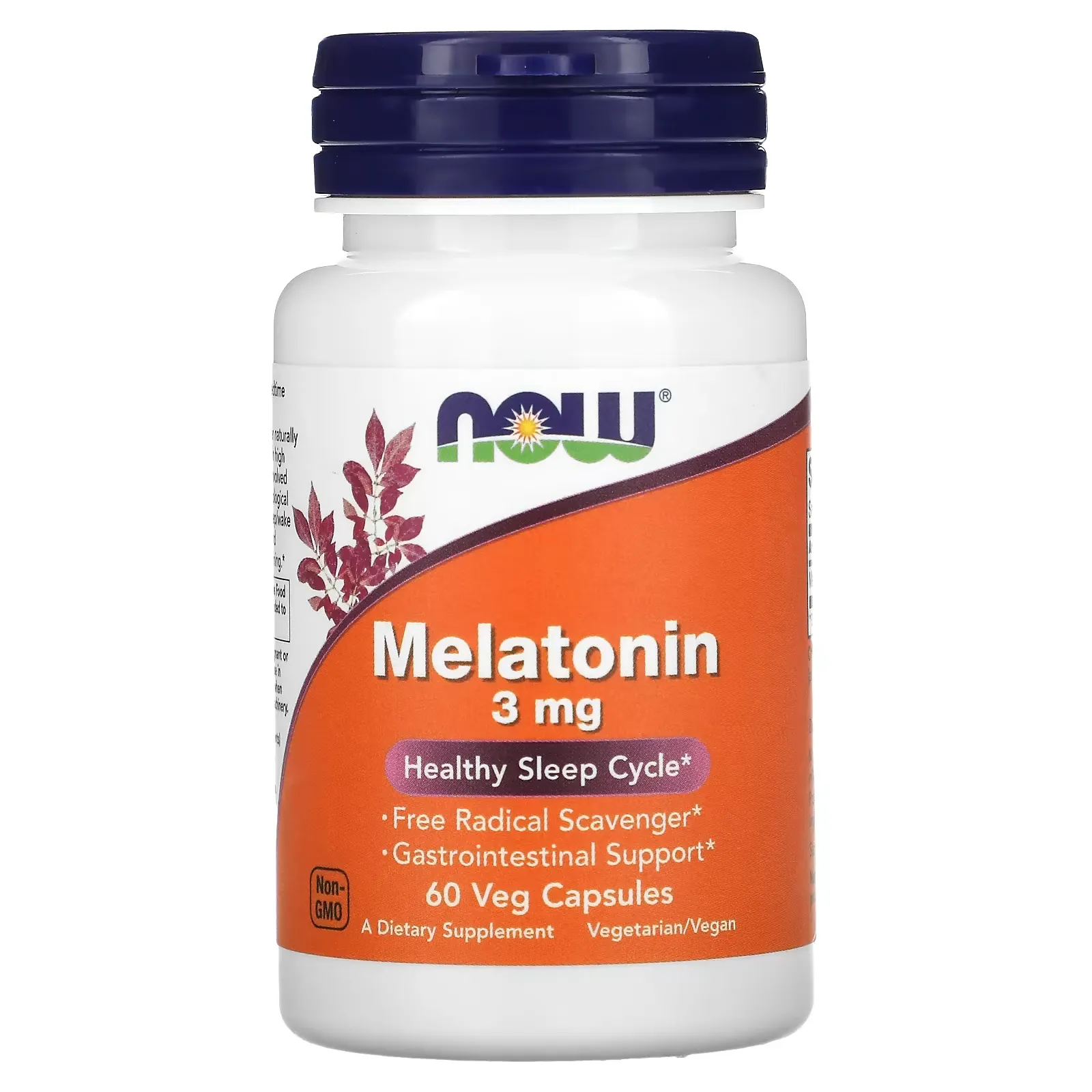
- Dietary Supplement
- Sleep
- Wound / Injury
- Gluten Free
Melatonin, the primary hormone of the pineal gland, acts as a powerful "chronobiotic," helping to maintain normal circadian rhythms. In individuals having difficulty sleeping or with altered circadian rhythms, such as occur in jet lag and night shift work, supplementation with melatonin can help provide the resynchronization of those cycles, at amounts ranging from 0.3-8.0 mg. Synthesis of melatonin from the amino acid tryptophan can be decreased by the aging process. Melatonin has significant antioxidant activity. Adequate melatonin levels have been reported to be a positive factor cardiovascular, neuroendocrine, and bone health.
The timing of melatonin supplementation appears to be an important factor, with the most effective protocol being a diurnal cycle similar to the physiological rhythm of melatonin secretion, which is generally to take it once in the evening before going to bed.
Studies have compared melatonin to other sleep aids to determine the ability to promote sleep and the effect on psychomotor performance. In a double-blind, placebo-controlled trial, the sleep-promoting potential of melatonin (6-mg single dose) was analyzed and found to be effective. The researchers (using the same patient group and melatonin dosage) also demonstrated that, despite a surprisingly prolonged period of perceived sleepiness (up to 4.75 hours), melatonin was superior in its lack of impact on performance of four separate tasks: serial reaction time, logical reasoning, serial subtraction task, and a multi-task test battery.

